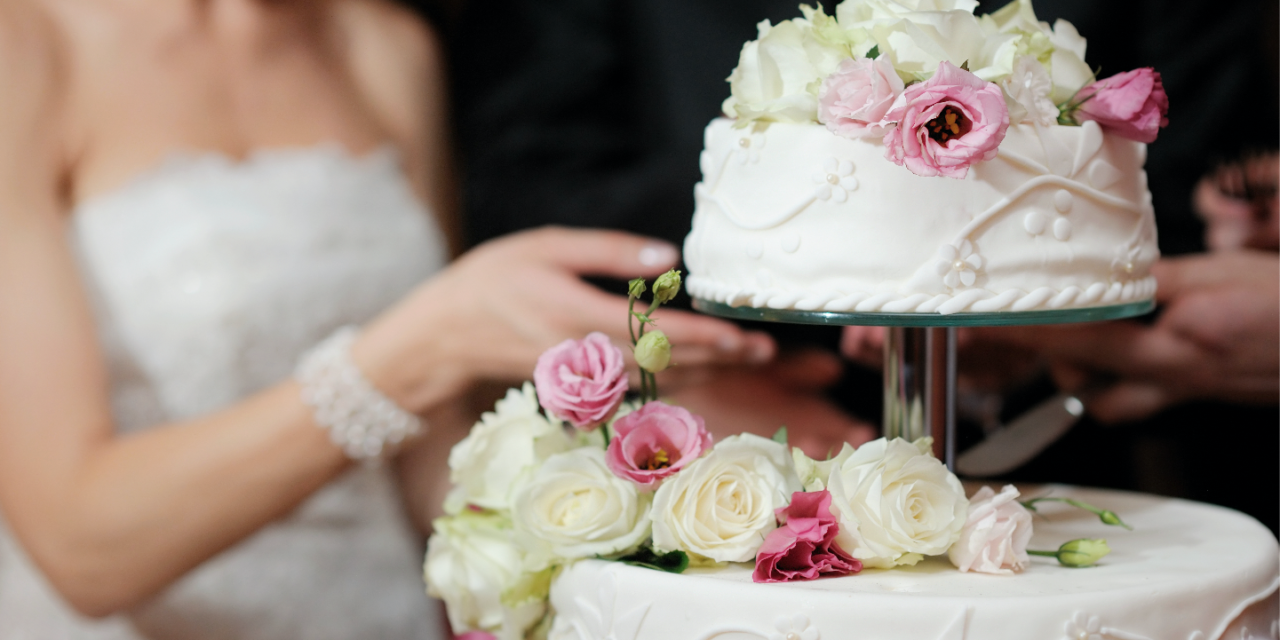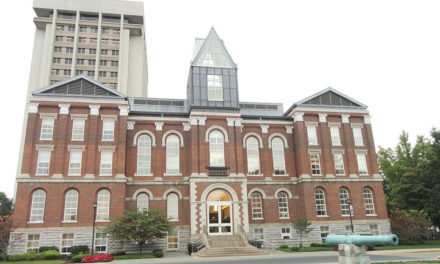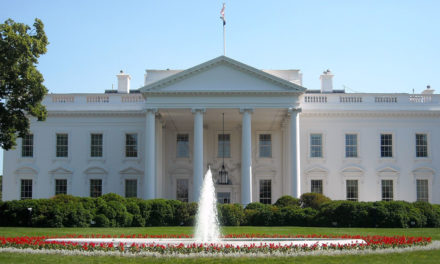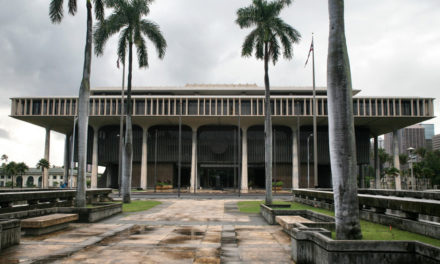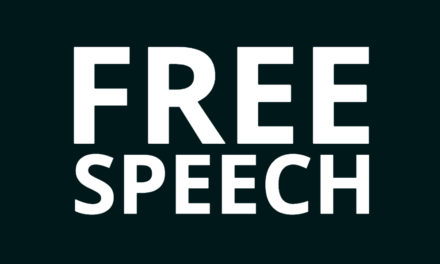A state superior court in California has ruled that a Christian baker did not violate the state’s nondiscrimination act when she turned down a request to create a custom wedding cake for a same-sex ceremony.
Cathy Miller, doing business as “Cathy’s Creations, Inc.” owns and operates a bakery in Bakersfield, California called “Tastries,” which she opened in 2013. She sells general, off-the-shelf baked goods as well as custom-ordered products. In 2017, she was approached by a lesbian couple who requested that Miller create a custom wedding cake for a celebration of their renewal vows for their 2016 “marriage.”
Miller declined and kindly referred the couple to a nearby baker who could help them with their request. When the couple pressed Miller for her reasons for refusing to create their cake, Miller explained her Christian beliefs to them.
Although the couple later found another baker to make their cake, which they were perfectly happy with, they filed a claim of discrimination against Miller with the state of California, which then sued Miller.
What followed is a vindication of what every Christian creative professional has been trying to say for years, including, most notably, the Christian baker from Colorado – Jack Phillips, the owner of Masterpiece Cakeshop: We will gladly serve all people, but we can’t express messages we disagree with.
Which, by the way, is the right of every creative professional, not just Christians.
After a trial, Superior Court Judge J. Eric Bradshaw ruled that the state had not proven that Ms. Miller had discriminated against the lesbian couple, since Miller served – as well as employed – homosexuals. Her refusal to create the requested cake was not based on animus toward homosexuals, but on her sincerely held religious beliefs. She just couldn’t use her talent and skills to create messages that violated her deeply held Christian beliefs about marriage.
Miller’s story, and the judge’s recognition and explanation of the truths it contains, exposes the lie we hear constantly from LGBT activists that Christian professionals don’t want to “bake that cake” because “they hate us.” That claim is false, and it’s satisfying to see the judge say so in print.
And not all gay activists oppose Christian bakers’ freedom to say no, either. For example, Andrew Sullivan wrote this back in 2014:
“I would never want to coerce any fundamentalist to provide services for my wedding – or anything else for that matter – if it made them in any way uncomfortable. The idea of suing these businesses to force them to provide services they are clearly uncomfortable providing is anathema to me. I think it should be repellent to the gay rights movement as well.”
Not only did the judge recognize that it isn’t “discrimination” when artists choose which messages they want to promote, but the First Amendment guarantees them that right in the first place.
“The right to freedom of thought protected by the First Amendment includes both the right to speak freely and the right to refrain from speaking at all,” Judge Bradshaw wrote.
But is a custom wedding cake that doesn’t have any words on it actually “speech?” Yes, the judge said.
“The Constitution looks beyond written or spoken words as mediums of expression, and the cases have recognized that the First Amendment shields acts such as saluting a flag (and refusing to do so), wearing an armband to protest a war, displaying a red flag, and even marching, walking or parading in uniforms displaying the swastika,” he wrote.
“The evidence affirmatively showed that defendants’ wedding cakes are pure speech, designed and intended – genuinely and primarily – as an artistic expression of support for a man and a woman united in the ‘sacrament’ of marriage, and a collaboration with them in the celebration of their marriage.
“The wedding cake expresses support for the marriage. The wedding cake is an expression that the union is ‘marriage,’ and should be celebrated,” the judge added.
The decision will undoubtedly be appealed by the state of California but, for now, Miller’s attorneys with the Thomas More Society celebrated the win.
“We applaud the court for this decision,” Thomas More Society Special Counsel Charles LiMandri, partner at LiMandri & Jonna LLP, stated in a press release. “The freedom to practice one’s religion is enshrined in the First Amendment, and the United States Supreme Court has long upheld the freedom of artistic expression.”
Co-counsel Paul Jonna also pointed out the frustration of being attacked by the government of California using a law originally designed to protect Miller.
“There’s a certain irony there,” observed Jonna, “that a law (the Unruh Act) intended to protect individuals from religious discrimination was used to discriminate against Cathy for her religious beliefs.”
Although Miller’s case resembled Jack Phillips’ situation, which also involved a baker declining to create a custom wedding cake for a same-sex event, Phillips’ victory at the Supreme Court in 2018 rested on his freedom of religion rights under the First Amendment.
But Miller’s victory was based on her free speech rights. So, this case is plowing new constitutional ground.
And also, coincidentally, is the free speech case that will be argued to the justices of the Supreme Court on December 5 in 303 Creative v. Elenis, involving a graphic artist and wedding website designer in Denver, Colorado by the name of Lorie Smith.
A win for Smith in her case will extend nationwide recognition to the constitutional right of Christian creative professionals to say “no” to government efforts to compel a message at odds with their deeply held beliefs.
Please pray for Cathy Miller’s case as it proceeds through the California court system, and for the success of Lorie Smith’s case before the Supreme Court in December.
The California case is Department of Fair Employment and Housing v. Cathy’s Creations
Photo from Shutterstock.

